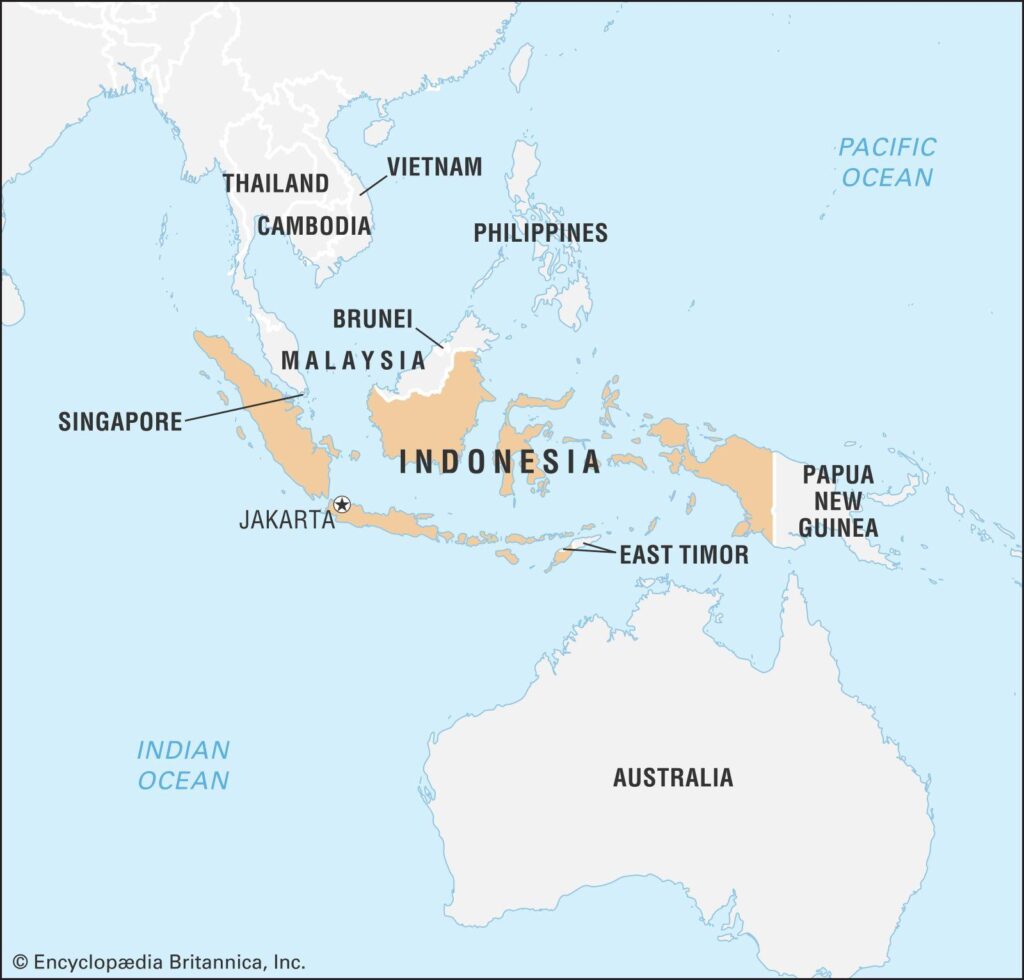Indonesia’s Strategic Stance: Linking Recognition of Israel to Palestinian Statehood
In a notable diplomatic development, Indonesia’s president has signaled openness to formally recognizing Israel, provided that a sovereign Palestinian state is established. This nuanced position marks a potential recalibration of Indonesia’s historically steadfast support for Palestine and reflects the intricate realities shaping Middle Eastern geopolitics. As the world’s largest Muslim-majority country by population, Indonesia’s evolving viewpoint carries considerable influence and may pave the way for fresh dialogues aimed at resolving one of the most enduring conflicts in modern history.
Indonesia’s Conditional Recognition: Balancing Principles and Pragmatism
The Indonesian leadership has articulated a conditional approach toward recognizing Israel, firmly linking this recognition to the formal acknowledgment of Palestinian sovereignty. This stance underscores Indonesia’s commitment to fairness and mutual respect between both parties as foundational elements for peace. By advocating such conditions, Jakarta positions itself not only as an advocate for justice but also as a potential mediator capable of bridging divides in an often polarized international arena.
To ensure this diplomatic pathway is viable, Indonesia outlines several essential prerequisites:
- Immediate Cessation of Hostilities: Halting violence is critical to creating an atmosphere conducive to meaningful negotiations.
- Security Assurances: Guaranteeing Israel’s territorial integrity and safety remains paramount.
- Sustained Support for Peace Processes: Endorsing ongoing global efforts aimed at achieving a two-state solution.
- Protection of Human Rights: Upholding Palestinians’ fundamental rights forms an integral part of any agreement.
The Impact on Regional Stability and Southeast Asian Diplomacy
This evolving policy reflects Jakarta’s broader vision that regional stability—both within Southeast Asia and beyond—is intrinsically linked with peace in the Middle East. Recognizing Palestine while cautiously engaging with Israel aligns with Indonesia’s long-standing foreign policy goals centered on conflict resolution through dialogue rather than confrontation. Such diplomacy could enhance Indonesia’s role as a key player fostering cooperation among nations facing complex geopolitical challenges today.
The government emphasizes that acknowledging Israel must be accompanied by reciprocal respect for sovereignty from both sides. Key pillars guiding this approach include:
- Sovereign Mutual Recognition: Both Israeli and Palestinian states must accept each other’s legitimacy without preconditions or hostility.
- A Genuine Commitment to Dialogue: Continuous engagement aimed at resolving outstanding disputes peacefully is essential.
- A Holistic Refugee Framework: Addressing humanitarian concerns related to displaced Palestinians remains vital for lasting reconciliation.
- An Inclusive International Effort: Collaboration among regional powers alongside global institutions will strengthen prospects for durable peace.
| Pillar | Aspired Outcome |
|---|---|
| Sovereign Mutual Recognition | Laying groundwork for sustainable bilateral relations between Israelis and Palestinians |
| A Genuine Commitment to Dialogue | Diminished tensions leading toward conflict resolution |
| A Holistic Refugee Framework | Improved living conditions & rights protection for displaced populations |
| tr /> |
Navigating Forward: Implications For Global Diplomacy And The Middle East Peace Process
This emerging Indonesian perspective introduces fresh momentum into international discussions surrounding Israeli-Palestinian relations — emphasizing balance between national interests, human rights considerations, and pragmatic diplomacy.
As President Widodo continues refining his nation ’s foreign policy stance amidst shifting geopolitical currents — including recent normalization agreements elsewhere in the region — observers anticipate increased engagement from ASEAN countries seeking constructive roles.
Ultimately,a successful realization depends heavily on multilateral collaboration backed by genuine political will from all stakeholders involved. p >
The world watches closely as these developments unfold; should they lead toward tangible progress,a new chapter may open promising enhanced stability not only within the Middle East but extending into broader global partnerships. p >

